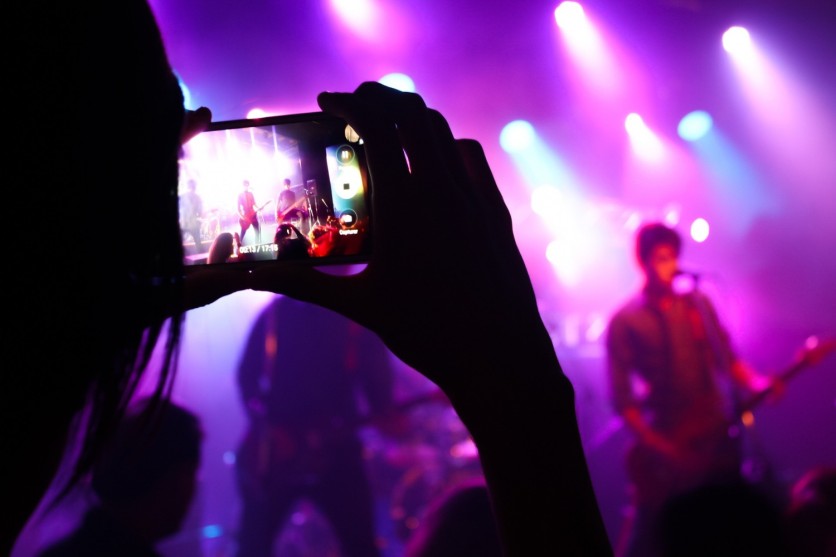AI's potential to reshape Australia's live music industry has sparked concerns among experts at the University of Melbourne, who warn of significant challenges ahead.
Will AI End Australia's Live Music Industry?
As a parliamentary inquiry into the state of the Australian live music scene is underway, researchers made a submission that highlighted the looming impact of AI-generated music on musicians' careers and the sector's overall sustainability.
According to Dr. Suelette Dreyfus and her team from the university's Faculty of Engineering and Information Technology, AI poses a dual threat by potentially eroding the livelihoods of local musicians and undermining the vibrancy of Australia's live music culture.
Their submission underscores the critical role of live music as a societal "unifying glue," crucial for maintaining social cohesion amidst growing social fragmentation driven by platforms like social media.
Dr. Greg Wadley, one of the team's experts, elaborates on the economic implications, noting that many musicians now rely heavily on live performances for income as traditional revenue streams like record sales and streaming royalties diminish.
The advent of AI-generated music, capable of producing vast amounts of music quickly and inexpensively, poses a direct challenge to artists striving to connect with audiences on an emotional level.
The concern is compounded by the potential for major tech companies to prioritize AI-generated content through algorithmic adjustments on streaming platforms, potentially creating a "music filter bubble" devoid of human creativity, according to the researchers.
This shift could reduce audience engagement with human musicians and undermine live performances' financial viability, particularly for emerging and community-based artists.
The university's experts urged regulatory bodies like the Australian Competition and Consumer Commission (ACCC) to review digital platform arrangements that impact Australian artists' compensation, emphasizing the need for policies that protect the interests of local talent.
That includes safeguarding opportunities for emerging artists to develop their craft and gain visibility in an increasingly competitive landscape.
Moreover, the cultural significance of music is at stake, as AI-generated compositions often lack the genuine emotional depth that defines human creativity. While AI may excel in technical proficiency, it struggles to capture the nuanced cultural expressions unique to Australian musicians.
Emma Baillie highlights the risk of homogenization, as AI models trained on global datasets may dilute the distinct Australian character that defines local performers.

Economic and Cultural Concerns
The debate extends beyond economic and cultural concerns to encompass broader challenges facing the live music industry in Australia.
Issues such as changing social behaviors, rising venue costs, and the impacts of natural disasters like fires and floods further compound the industry's fragility. These factors, alongside AI's disruptive potential, paint a complex picture of the future of live music in Australia.
"AI-generated music has little to no cultural value as it lacks genuine emotion, which is the essence of humanity. A blind study has shown people preferred AI-generated classical music to that created by humans," Dr. Chris Ewin, also one of the authors, said in a statement.
"However, this may be due to the lack of transparency around how AI music is made. Ultimately, music fans will be worse off if AI ends up dominating the industry," he added.
Related Article : AI Could Potentially Create New Cybersecurity Threats, Experts Claim





